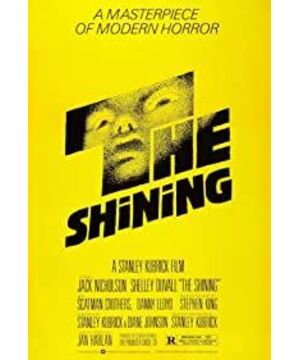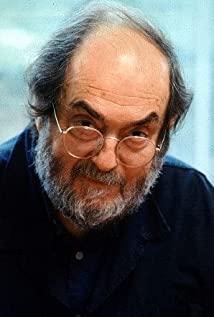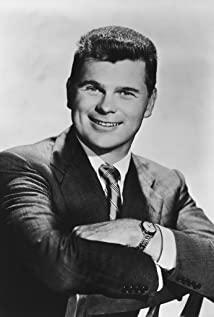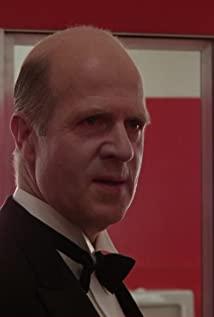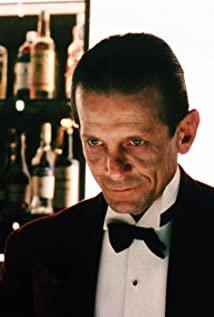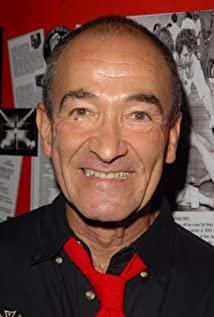In ancient Greek tragedies, the greatest danger to heroes is the loss of their normal mind, whether it is Ajax, who mistook the sheep for revenge, or Pentheus, who was bewitched by Dionysus to peep at mad women, the loss of mind. , to bring great men to atrocious destruction. The Shining appears to be the story of a normal husband and father self-destructing.
Why would this normal person destroy himself? Was he too conceited, that he could contend with loneliness and alienation, and finally achieve great things? Was he compelled to sell his soul to make his life subsistence? Is he fed up with his own society, culture and ideology, cornered and finally madly revenge on civilization? In Greek tragedy, the cause of madness is always the will of the gods, and the underlying accusation is man's arrogance—he does not believe that he will be forsaken by the gods, that he has the power to destroy him. So, who are the gods of this not-so-rich white middle-class American man in The Shining?
Watching "The Shining", I remembered that I once had a secluded time like the hero Jack (maybe in the near future), and I can identify the day-to-day struggle with "Eternal Return". Feelings of unwillingness and despair; I couldn't help but gasp several times when I saw Jack respond to his family's concerns with anger. Like Jack, I hope to use the lowest life in exchange for time chips, and to gain success on the gambling table of life. Perhaps, the reason why I avoided the fate of destruction is that I am still young and have more choices than Jack.
Jack's belief is completely secular. He hopes for fame and fortune in life. For him, writing is just a bargaining chip in exchange for fame and fortune. However, in every respect, he is missing something: he does not have the talent to support his restless ambition, and he lacks the extraordinary tenacity and confidence to make up for it; even if he lacks these, if Jack has the sincerity of his lover, he has the ability to run a good business. The earthly wisdom of the ordinary and happy family life will not lead to destruction. The gods who destroyed Jack were also what made the first half of his life, a worldly life of perfect happiness (the American dream?). Like the Greek hero, Jack lost his temper in his pursuit of happiness and should have decisively rejected the job when he listened to the hotel manager about the former caretaker who murdered his wife and daughter.
When we understand that we are on a difficult path, the opportunity to choose is gone. To survive or to perish, that is the question, because survival is now destruction, and destruction has become a relief. Jack's fate seems inevitable, and when I think back to Kubrick's ingenious narrative, Jack's every action, every mental activity, can't possibly lead to another ending. From this point of view, "The Shining" is undoubtedly great enough: the ordinary horror film uses contingency to create a sense of fear, "The Shining" implies the inevitable terrible force, and survival itself must lead the existent to destruction.
"The Shining" scares me, and what I fear is life itself. Taking control of life is a delusion, and slipping into the abyss is liberating. Jack was no doubt reluctant to give up his madness, which was sacred and gave strength, hope, and sweet focus. If the essence of life is an unfortunate process at the mercy of chance, then total madness and destruction is a certainty that brings great satisfaction. Of course, this is the path of the cowards, and "true warriors" dare to face the fate of chance.
For every Jack, a little more worldly wisdom and a little more temperance are extremely precious, and it can effectively prevent us from falling into the abyss. As Socrates said, care about yourself and your soul, and don't easily exchange your soul for a glass of whisky.
View more about The Shining reviews


